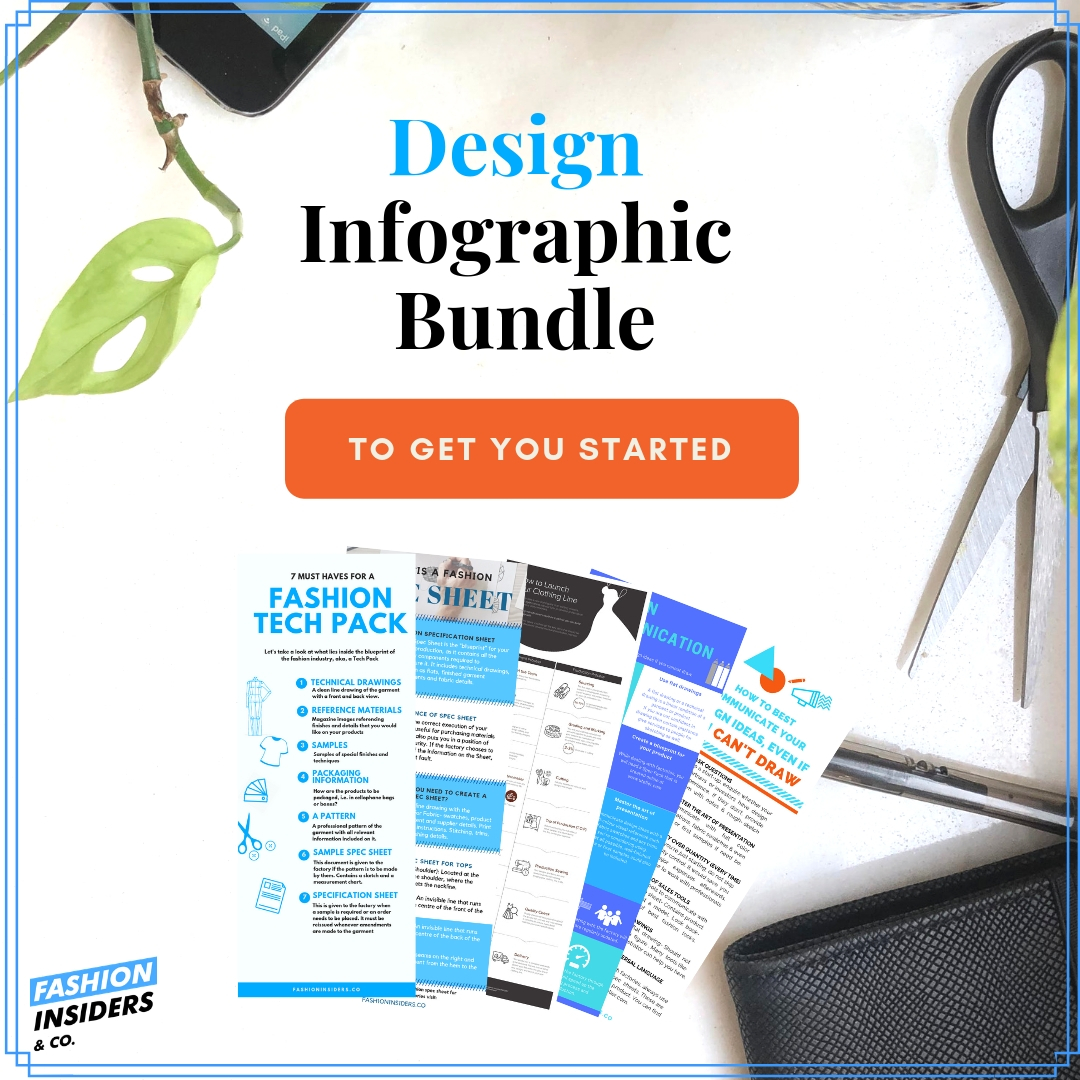On a not so rare (currently) sunny London day, we travel across London to a tucked away location to meet Karyna from the UK clothing manufacturer Fabrika. She is younger than I expect her to be and very friendly. She welcomes us into her small but visibly busy studio.
Karyna is from Ukraine and set up Fabrika two years ago. Prior to that, she worked for fashion designer brands where she experienced first hand the struggles of working with factories. So why not, knowing what she knows, try to fix the problem, she thought. Together with a friend, she launched Fabrika and began to take on orders from small designer brands.
Tell us how you started and what made you launch your own clothing manufacturer studio?
I used to work for designer brands like Alexander McQueen and Tata Naka. At the latter company, I was in charge of sampling and production. I saw first hand how much miscommunication there was with the factories, problems like they didn’t understand our designs, or didn’t understand the placement of designs and so on.
When I realised that the problem is not isolated, but repeatedly happens, I decided to start my own studio. I took on a couple of interns, found a small studio space and started. Now two years later, we have three full-time seamstresses and two freelance seamstresses and a pattern cutter.
Initially, we started by making small orders and the odd garment for friends and family. Our first proper client was Gilda & Pearl. Initially, their orders were really small, but as they have grown so have we and that has been really nice.
What do you specialise in and clients come to you for?
We are a UK clothing manufacturer and sampling studio and specialise in the making of high-end clothing in silks and delicate materials.
We are very good at finishing our products with french seams and pin hems.
We have clients that make high-end nightwear.
Basically, our forte is working with delicate materials.
Most of our clients are small designer brands.
Also, we do a lot of graduate students collections.
The whole idea behind our studio is to be a flexible clothing manufacturer.
How do you charge for sampling and production?
We charge sampling by keeping track of the time and charging by the hourly rate, depending on the skill and service. For example, at the moment we charge £25 per hour for sewing and £28 per hour for pattern cutting.
Production costs are determined based on the sampling cost. Usually, that is calculated at approximately 50% less of sampling.
Related Reading: How Best to Work with Factories – CMT vs FF Manufacturing
What would you say makes you different from other UK clothing manufacturers?
The whole idea behind our sampling studio is to be a flexible clothing manufacturer. Something that is not so easily found in the industry. We are happy to work with designers who mostly want to sample and maybe not go into production and equally with brands who have manufacturing orders to fulfil. Everything is up for negotiation here and possible, depending on the time of year and workload we have at the time of enquiry.
How do you decide who to work with?
We are happy to work with anyone, as long as they respect the work we do and understand the prices. Usually, I would say pricing is the biggest challenge for most new enquiries. They are not prepared to hear what it really takes to make a garment form a delicate fabric, with specialist detailing. So many get put off at that initial stage.
Once I worked on a collection that featured facial prints on the fabric and a factory we worked with made the skirts with the face upside down.
Also, we do not work with stretch materials, so any enquiries for jersey we don’t take.
What kind of issues did you encounter with manufacturing when you were managing the production for fashion brands?
I found that communication with factories was poor. Often they didn’t understand the designer’s designs and didn’t ask or make enough effort to understand. Once I worked on a collection that featured facial prints on the fabric and a factory we worked with made the skirts with the face upside down.
For us, communication is very important. We ask many questions and try to understand the design and the detailing before we start work. We welcome clients to come to the studio and check on progress or just come and talk through details with us. That makes a huge difference.
What’s the biggest challenge you see that creates these communication problems?
Most people come to meet with us with vague ideas, sketches on a piece of paper that they even admit to having just had out of the blue. They haven’t spent the time to think through how it will be made and the detailing. Hardly anyone comes with a spec sheet and detailed making instructions.
This is a big problem and causes many problems for a clothing manufacturer.
How do you find new clients?
We advertise our services on Google and that works really well for us. I trained to be a graphic designer so our website is good and ads convert well for us.
Also, we show at trade fairs and I approach designer brands directly. Further, I sometimes give talks to events and that really generates interest and business.
What is your biggest challenge as a clothing manufacturer in trying to grow the business?
Keeping up with the orders and maintaining a steady production calendar through the year. August and March tend to be quiet months for us, so making sure the workload is well spread out is really important and challenging at times.
What observations have you made about the industry since you started Fabrika?
One of the things I have noticed since I started is that high-end fashion doesn’t seem to be thriving. I see brands going bust, including some of our clients and orders not really growing. In fact, some brands orders seem to be getting smaller.



